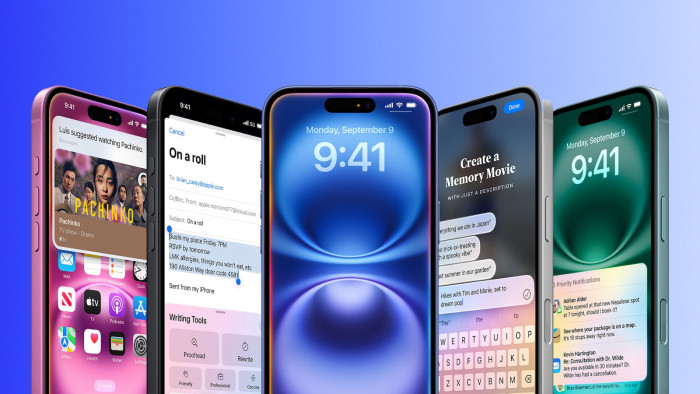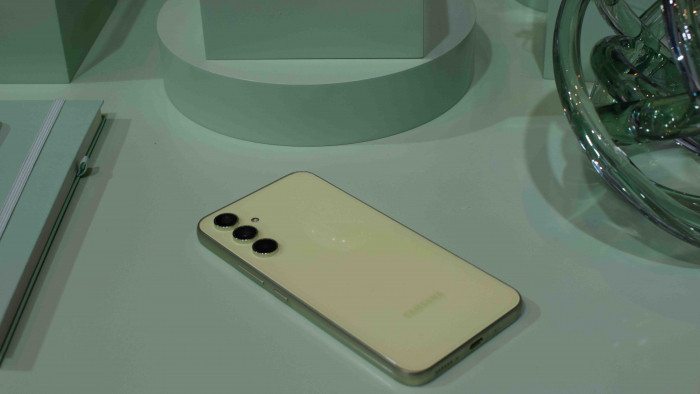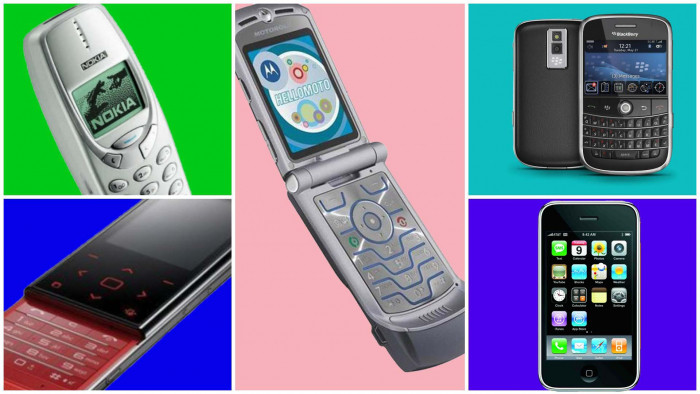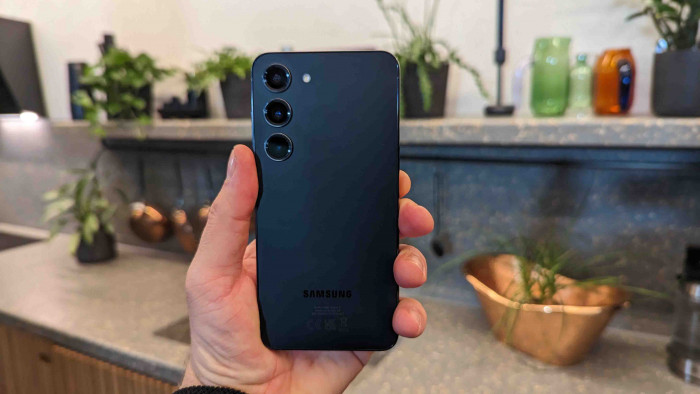Scientists have discovered how to make phone batteries last 'forever'
The break through we've been waiting for


The last time we were messing about with an experiment, we determined that mixing instant coffee with a tea bag really doesn't create the greatest brew of all time.
But then, we're not fancy pants scientists from the University of California, Irvine (UCI). When they mess about, they come up with industry-changing battery discoveries.
UCI doctoral candidate Mya Le Thai was messing about with nanowire technology: thousands of times thinner than a human hair, they’re highly conductive and could revolutionise battery technology - if we can get them to work.
Le Thai was attempting to make some gold nanowire more durable by coating it in a manganese dioxide shell, encasing it an electrolyte made of a Plexiglas-like gel. When she carried out cycle tests on the build, she discovered it not only worked, it allowed the electrode to be cycle tested over 200,000 times without losing capacity.
To put that into perspective, most phone batteries begin losing capacity (the total amount of charge they're able to hold) between 5,000 and 7,000 charges.
"The coated electrode holds its shape much better, making it a more reliable option," Thai said. "This research proves that a nanowire-based battery electrode can have a long lifetime and that we can make these kinds of batteries a reality."
For the full science behind the process, watch the video above.
As for when this tech will start turning up in phones - it's a way off. And they'll definitely charge you for it.
(Sorry)
[Via: UCI]








